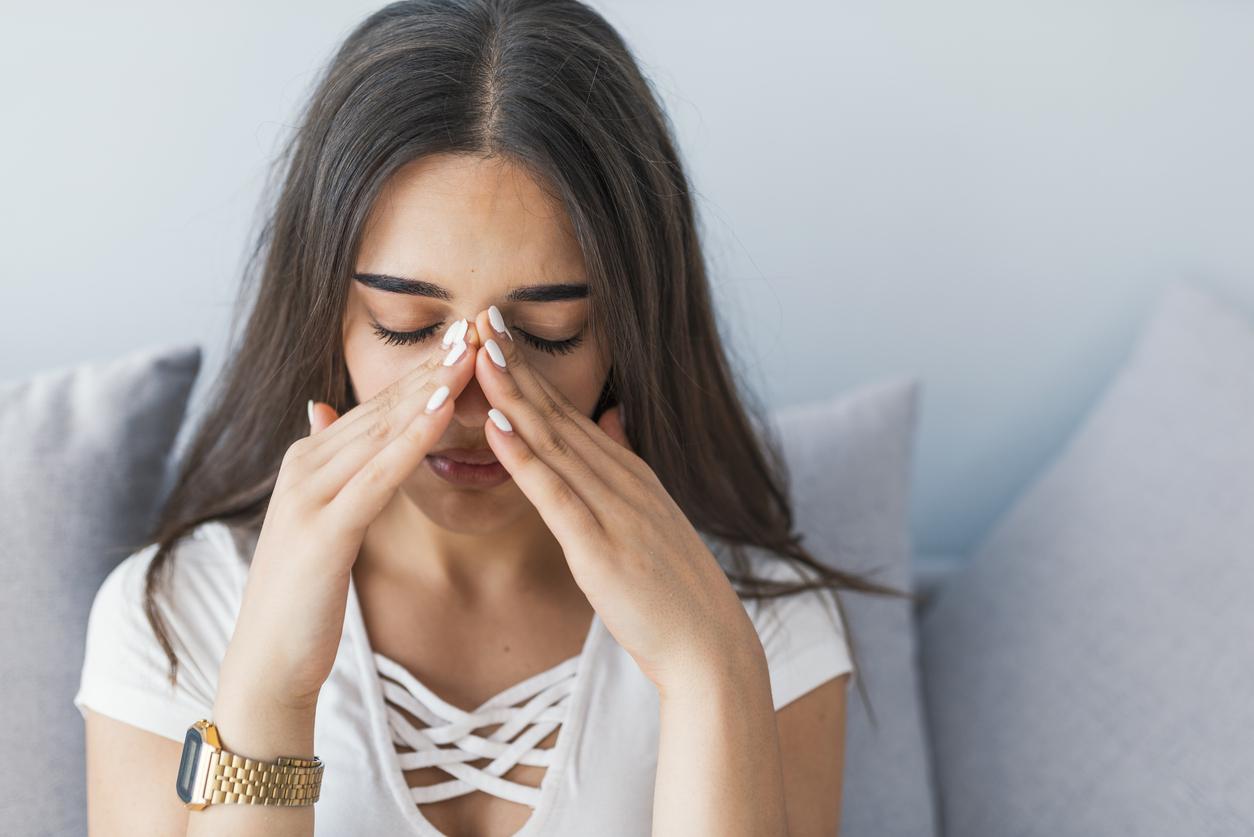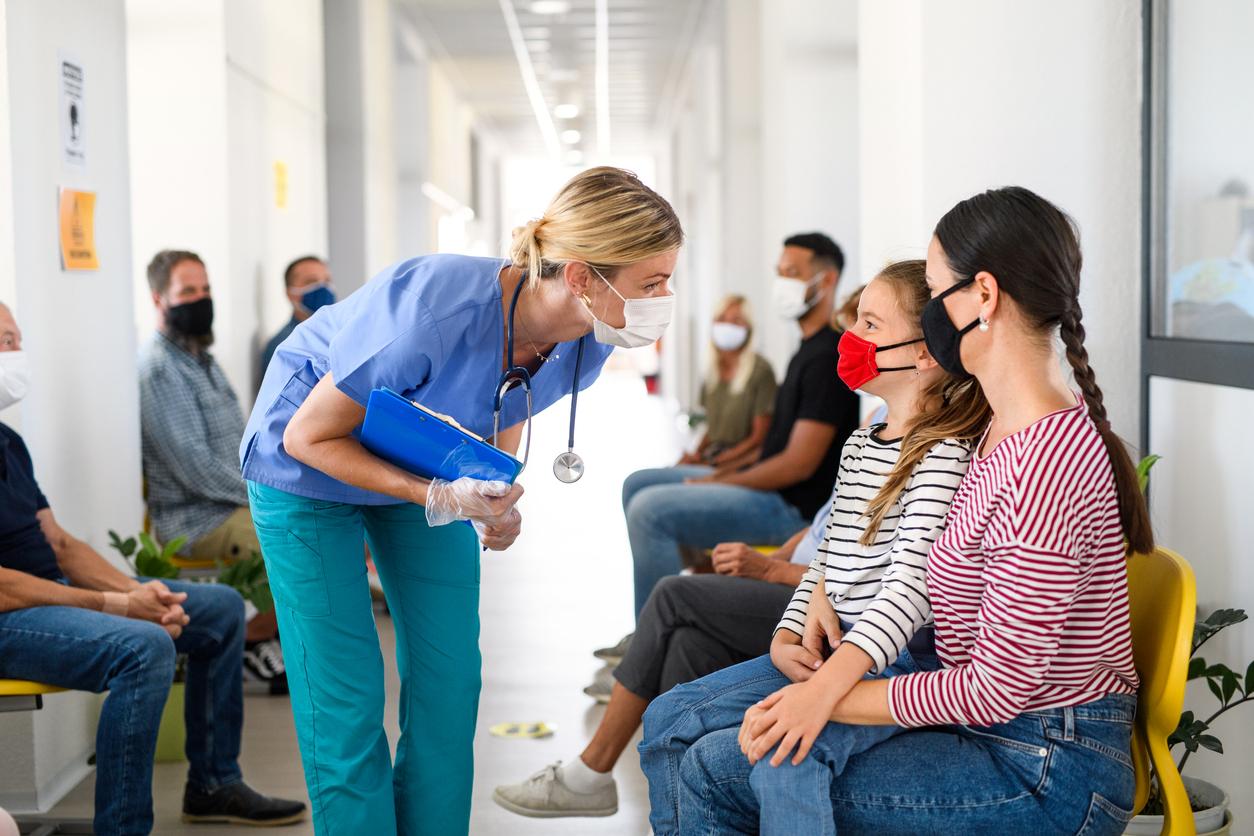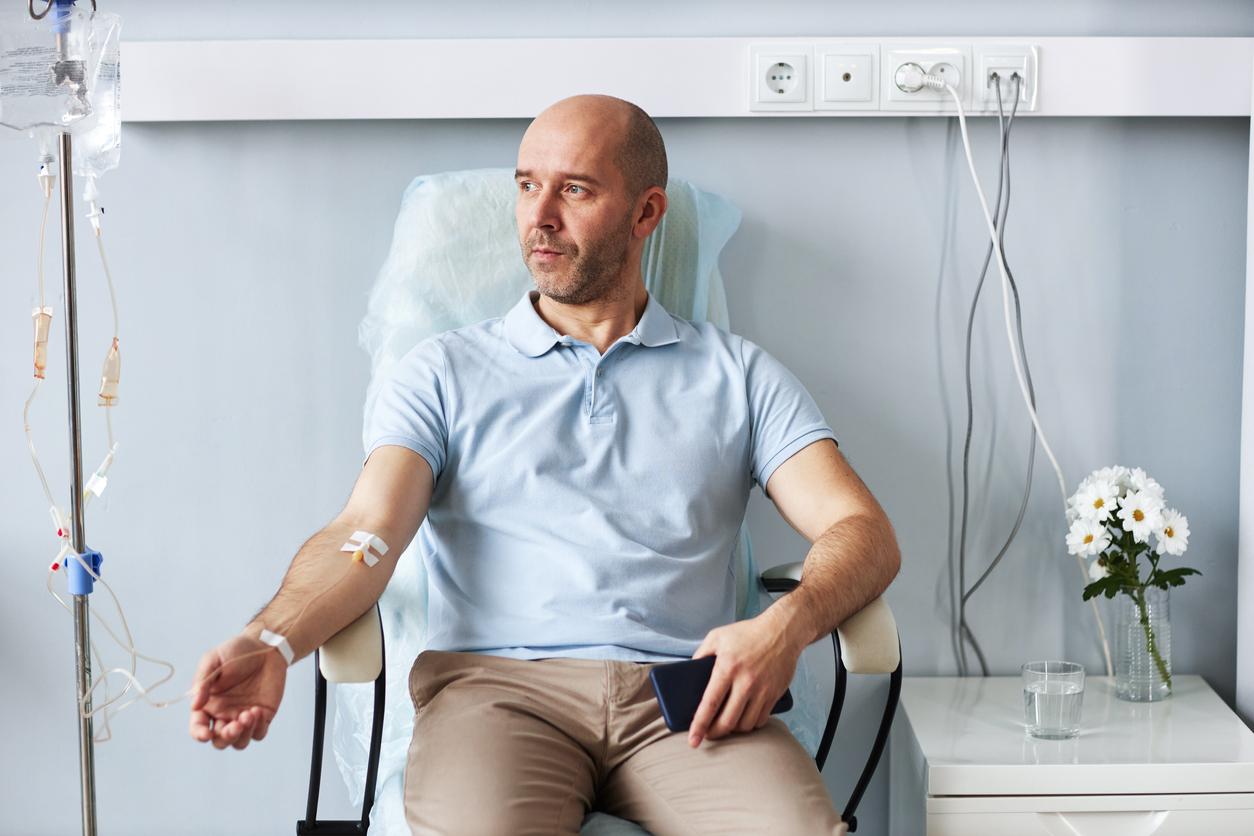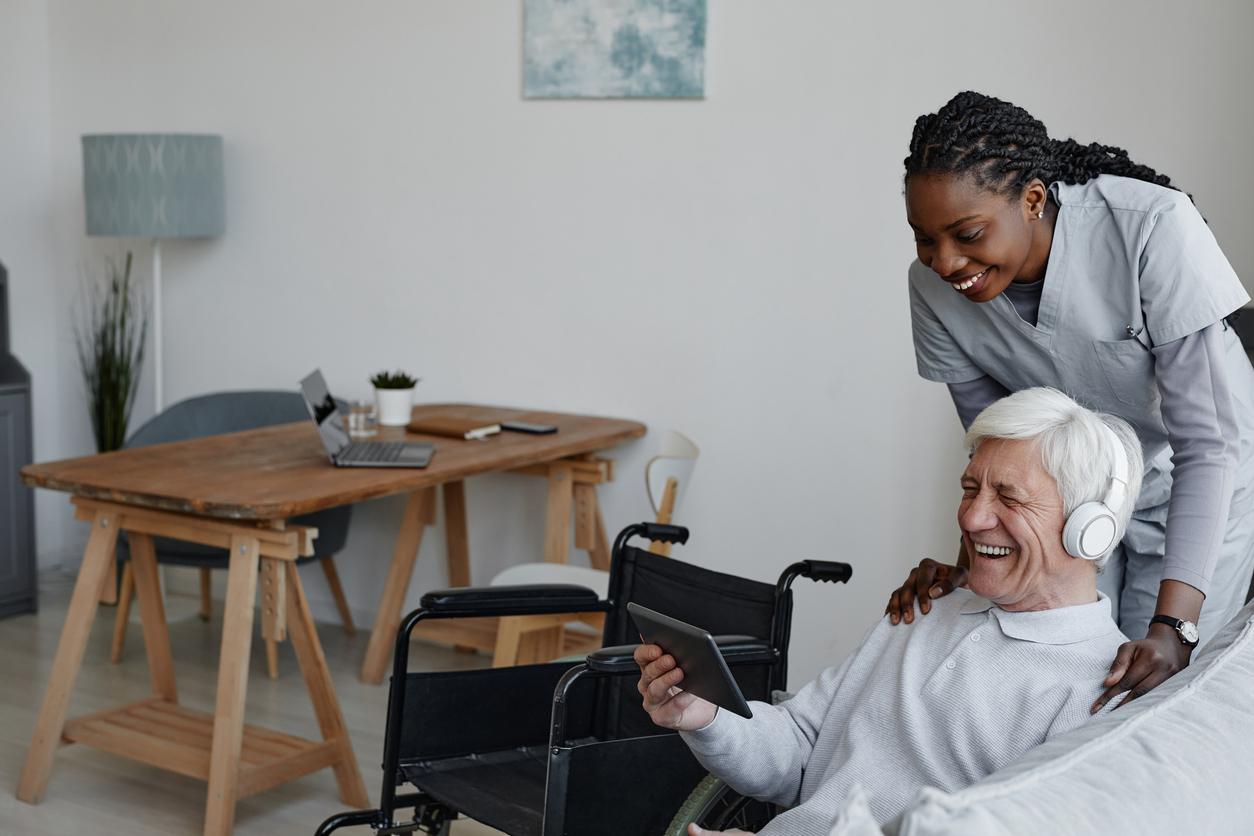
Part 3: What do you do now if there will be too few care providers in the future? 8 tips
In about twenty years, there will be too few doctors, nurses, carers and informal carers for all the over-65s who will be there by then. Several reports warn against this negative effect of the aging population. There is no other option than to start living a healthier life, explains professor David van Bodegom. And that’s easier than most people think.
If nothing changes, by 2040 no less than a quarter of the working population would have to work in care to be able to treat everyone. That is what the Scientific Council for Government Policy calculated in a report last year† Apart from the question of whether it is affordable, this is of course not desirable, because people are badly needed in other areas as well. So we will have to do it with less care in the future.
But what do you do if you are now roughly between 55 and 70 years old and you know that there will be a phase after this in which not all the care you need is available? We deal with this question in a triptych. This is part 3.
Part 1: Living and living (together)
Part 2: Money (to follow)
Part 3: Health
1 The best solution is a healthy lifestyle
David van Bodegom is since last year professor by special appointment of Vitality in an aging population, in addition to his position at Leyden Academy on Vitality and Aging, a knowledge center in the field of vital aging. ‘We see that highly educated (richer) people live on average 15 years longer in good health, purely because they are more often at a healthy weight, exercise more and smoke less. You would grant that to everyone. Everyone would like to remain free from all kinds of ailments and chronic diseases for up to 80 years. With a healthy lifestyle you not only live longer, you also live longer in good health.’
Doctors therefore need to change their focus, says Van Bodegom. Now doctors are mainly concerned with treating diseases of old age. But doctors should actually look at health promotion. For example, type 2 diabetes, or diabetes of old age, can be prevented for 90 percent with a healthier lifestyle. More than 1 million people currently have this form of diabetes. Van Bodegom: ‘It won’t kill you, but you do need a lot of care. Feet checked, kidney measurements, eyes checked, good wound care, you name it. With a healthier lifestyle, fewer people have old-age diabetes and much less care is required. Cardiovascular diseases and dementia are also strongly influenced by lifestyle. Smoking is associated with many forms of cancer and cardiovascular disease. Sleep apnea and osteoarthritis also usually go hand in hand with being overweight. These disorders are largely preventable.’
2 Go for a walk
But how do you approach that, a healthy lifestyle? Do you have to go to the gym every day? Van Bodegom: ‘You really have to no sportsman like Arie Boomsma to become. Walking is quite feasible for most people and that’s a good thing. The biggest gains are in the first steps – from not moving to a daily walk. Don’t think ‘it’s pointless’, because a little extra exercise always helps. At least do something.’
Van Bodegom notices that people often have a very poor idea of what they can do. ‘A lot of people think: I have to lose 20 kilos and go to the gym, but I can’t. You can also walk for half an hour every day, stop smoking and follow a Mediterranean diet with lots of fresh vegetables, tomatoes and pine nuts. Stay in bed for an hour longer and stop stressing, it’s that easy.’
3 Find a club with people like yourself
Anyone who wants help quickly ends up in a circuit of GP, practice nurse, lifestyle coach, dietician and physiotherapist. All those caregivers tell pretty much the same story to their patients all day long. That is not efficient, says Van Bodegom, and it is not sustainable with the increasing demand for care due to the aging population. ‘From the Leyden Academy we have Vitality Clubs founded† These are groups of people who coach each other. There is no doctor or physiotherapist. Only in the beginning was there professional guidance, now they run independently.’
The Vitality Clubs work with the principle of pear coaching. Do not think of the pear as a fruit, but of the English pear, meaning ‘equal’. In other words, coaching by people like yourself. Van Bodegom: ‘People know it from Alcoholics Anonymous. There, too, people help each other to stop drinking alcohol. No professionals are involved in the AA either.’
Such a model could also work for people with old-age diabetes, cardiovascular disease and other conditions. Van Bodegom sees, for example, that it works in Cuba. ‘There they achieve the same life expectancy as the much richer United States with a tenth of the healthcare budget. There are 12,000 círculos de abuelos, which literally means ‘circle of grandparents’, where older people in the neighborhood come together to move and chat. We now want to organize something similar in the Dutch neighborhoods in collaboration with Buurtzorg. It is efficient and cheap. It works much better if you are coached by an experienced expert than by a professional. Rather another 63-year-old who gives you tips than a young lad who has just graduated as a physiotherapist.’
4 Don’t expect miracles from technology
ZonMW finances within a special program technological solutions for the increasing need for care due to an aging population. Is there the solution? Van Bodegom does not believe in that. ‘I know few examples of apps or smart watches that actually work in the long term. Of course there are people who walk an extra round thanks to a pedometer. But after a few months, the new one wears off and it’s in the closet. While: you have to keep it up for a lifetime. If you seek support from a group or a buddy, it works much longer.’
The best healthcare technology, as far as Van Bodegom is concerned, is the scrabble app Wordfeud. For example, because father puts a word every morning. Son does the same and immediately sees that father is awake. They have some contact. That’s how you keep an eye on each other.
Tip: read here 8 tips to win with Wordfeud.
5 Find a cozy environment
Social contacts are often the reason that people maintain membership of an exercise club. Van Bodegom: ‘People are not rational individuals. We do things because the environment and the people around us encourage us to do so. You can make a resolution to quit smoking, eat healthier and exercise more, but you can hardly do that on your own. In addition, it is nice if there are people around who also want that. And it makes sure you keep having fun in life. We know that young children adopt behavior from each other. Good and bad habits. That also applies when you get older. If I intend to go for a run, and it’s Sunday morning and it’s drizzling, I’ll go anyway, if a friend is waiting for me outside.’
6 Realize You Live In Cockaigne
If you’ve already tried a lot to live a healthier life and it doesn’t work, it’s good to think about the environment in which we live. We live in Luilekkerland. Everywhere you go, there is delicious food, with a lot of fat, salt and sugar. Unnoticed we can sit on our easy chair or couch all day long. If you are aware of this, you can better recognize these stimuli from the environment. Van Bodegom: ‘The baby boomers after the war were raised by parents who were less wealthy. They were told that good food is important. Now that the baby boomers have all that prosperity around them, they prefer to eat cheese boards and meat every day, with a glass of wine. They are the ideals of a scarcity culture. They haven’t learned it well.’
7 It’s almost never too late
It is almost never too late to do something about your health, according to Van Bodegom. You don’t have to be super slim to get a lot healthier. If people who are overweight lose 5-10 percent, they will improve enormously. You can see this very clearly in the program ‘Reverse diabetes’. People eat less carbohydrates and exercise more. They get more normal blood sugars and can put off the drugs for years. ‘It doesn’t work if you have advanced diabetes, but it still works in the early stages. Also, don’t forget – if we get old enough, everyone will get diabetes. And if we lived to be 150 years old, we would all be demented. That doesn’t have to be a bad thing, but it’s nice if you can postpone it.’
8 Seek happiness
Of course you will not so much live a healthier life, with the aim of still receiving sufficient care in twenty years’ time. The target is much closer. With a healthier life, you can feel better and have a more vital life. In his inaugural lecture, Van Bodegom describes it as follows: ‘Vitality is the ability to be who you want to be and to do the things you want to do. It is about the ability to realize the subjective and personal wishes and desires.’
In other words: health is only a means to grow old happily.
















